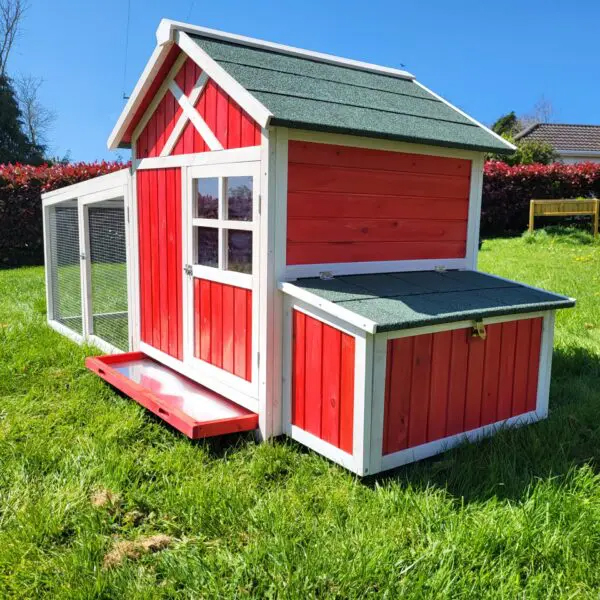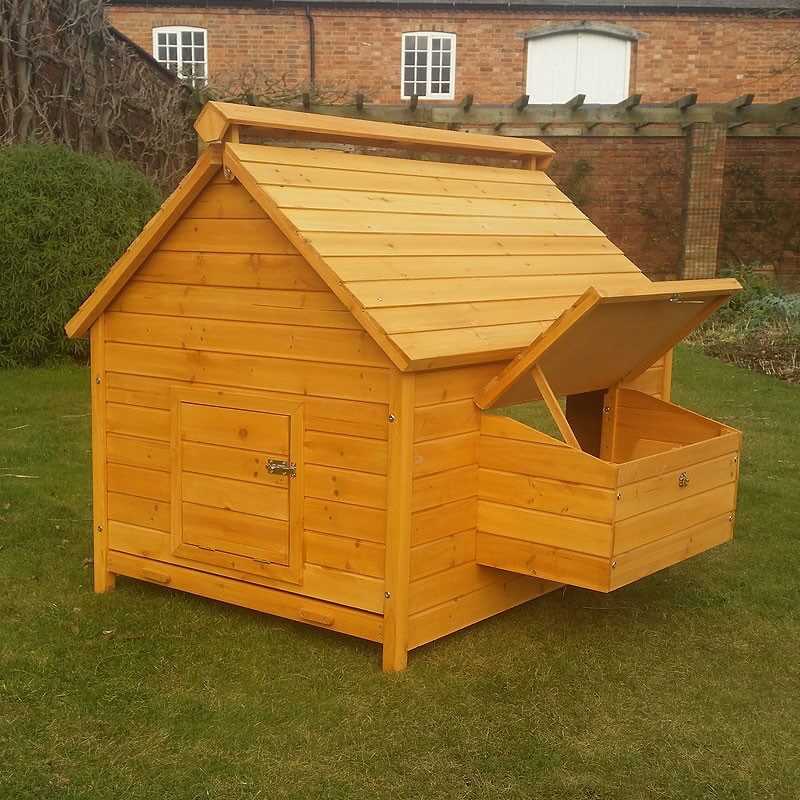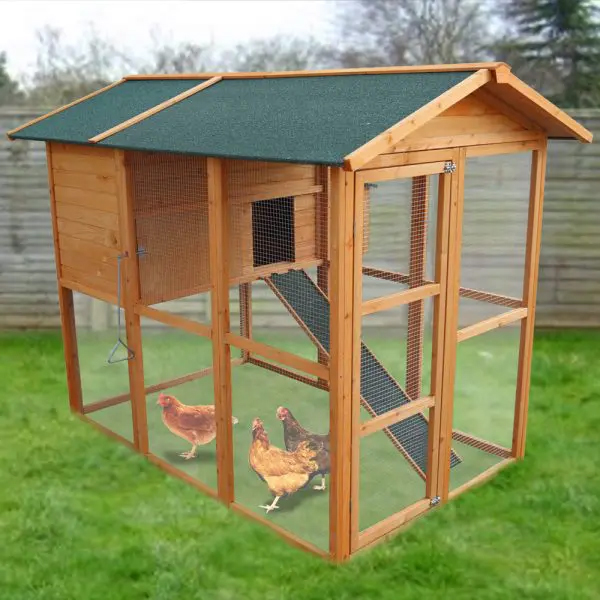Managing Chickens in Snowy Conditions
How to prepare chickens for the winter
We’ve all heard the recent weather forecasts predicting a few weeks of snow. In no time we will have skiing enthusiasts flocking (pun intended) to Kerry and other mountainous regions, using hurleys to get themselves to the top…leaving aside the fact that the good people of Kerry would know a hurley from a fishing rod.
Keeping the forecast in mind we have prepared a little guide to keeping your flock safe and sound. Raising chickens can be a rewarding experience, but it can also be a challenge when winter weather arrives. If you live in an area with snow and cold temperatures, it’s important to take extra care of your feathered friends during this time. In this blog we will discuss some tips and tricks for looking after your chickens in snowy conditions.

Tips for managing chickens in the snow
Firstly, it’s essential to keep your chickens warm and dry. This means providing them with a shelter that is insulated, draft-free and free of damp. You can use straw or hay to line the coop, keeping in mind that it needs to be regularly changed for hygienic reasons. It’s also important to provide your flock with enough space to move around, as this will help them generate body heat and stay warm.
If you’re concerned about the temperature inside the coop, you can use a thermometer to monitor it and make adjustments as necessary, and provide additional heat with an infrared lamp.
Another important aspect of caring for chickens in the cold months is their diet. Chickens need more calories during the winter to maintain their body temperature, so make sure to provide them with plenty of food and fresh water. You may want to spoil your feathered companions with some extra treats such as corn crackers or seeds. Filling the hen drinker with warm water will encourage your chickens to drink and prevent the valves from freezing.
Lastly, it’s important to keep an eye on your chickens’ health during the winter months. Chickens are more susceptible to respiratory illnesses in the winter, so be sure to keep their coop clean and well-ventilated. Monitor your flock for signs of illness such as sneezing, coughing or lethargy, and consult with a veterinarian if any concerns arise.

Dangers to watch out for
When winter arrives, chicken owners need to be especially mindful of their birds’ safety. While chickens are hardy creatures, they are vulnerable to the hazards of winter weather. Snow is one of the biggest dangers that chickens face during the winter season, with the top hazards being as follows:
- Frostbite: When chickens are exposed to the extreme cold, their combs, wattles and feet are susceptible to frostbite. Snow can make these extremities even colder, increasing the risk of serious complications.
- Hypothermia: Chickens can become hypothermic if they are exposed to cold temperatures for too long. If wet snow soaks your hens’ feathers, this risk increases significantly.
- Dehydration: Snow may seem like a source of water for chickens, but it’s actually not a good substitute for fresh water. Eating snow can lower chickens’ body temperature and lead to dehydration.
- Slips and falls: While we mostly think about it in regards to us, humans, chickens can also slip and fall on snow and ice, potentially injuring themselves.
- Reduced mobility: Snow can make it difficult for chickens to move around freely, which can make it harder for them to access food and water.
- Predators: Snow can make it easier for predators to sneak up on chickens, as it muffles their footsteps.
- Stress: Snow can be stressful for chickens, as they may not be accustomed to it. This stress can weaken their immune system and make them more susceptible to illness.
- Egg production: Cold temperatures and stress caused by snow can reduce egg production in chickens.
In conclusion, while snow can be fun for humans, it can pose serious risks to chickens. It’s important for chicken owners to take precautions to keep their birds safe and healthy during the winter months.
Check out our top 3 chicken coops for healthy, happy hens!
Egg-Center Chicken Coop
- 9-12 birds
- Locking hinged doors
- Nest box
- Felt roof with a tile style
- Slide out metal floor for easy cleaning
- The roof opens for ventilation
- Water based fungicidal treatment of wooden parts
- Predator proof catch on the door
- High quality materials
- Built to last
- Attractive wooden design
Large Chicken Coop
- 9-12 birds
- Locking hinged doors, both back and front
- Fox proof catch
- Slide out metal floor for easy cleaning
- Easy access ramp
- Large door (30 x 30cm)
- Adjustable, 4-position vent on top
- Swappable nest box side section
- Additional side door for an optional second nest box
- Compatible with our 8-12 hen run
- Water-based fungicidal treatment of wooden parts
- High quality materials
- Built to last
Chicken Cooplex Apartment Coop
- 8-10 birds
- Locking hinged doors
- Nest box
- Slide out metal floor for easy cleaning
- Water based fungicidal treatment of wooden parts
- Fox proof catch on the door
- Big running cage
- High quality materials
- Built to last
- Attractive wooden design
- Asphalt roof for protection from the rain and sun








